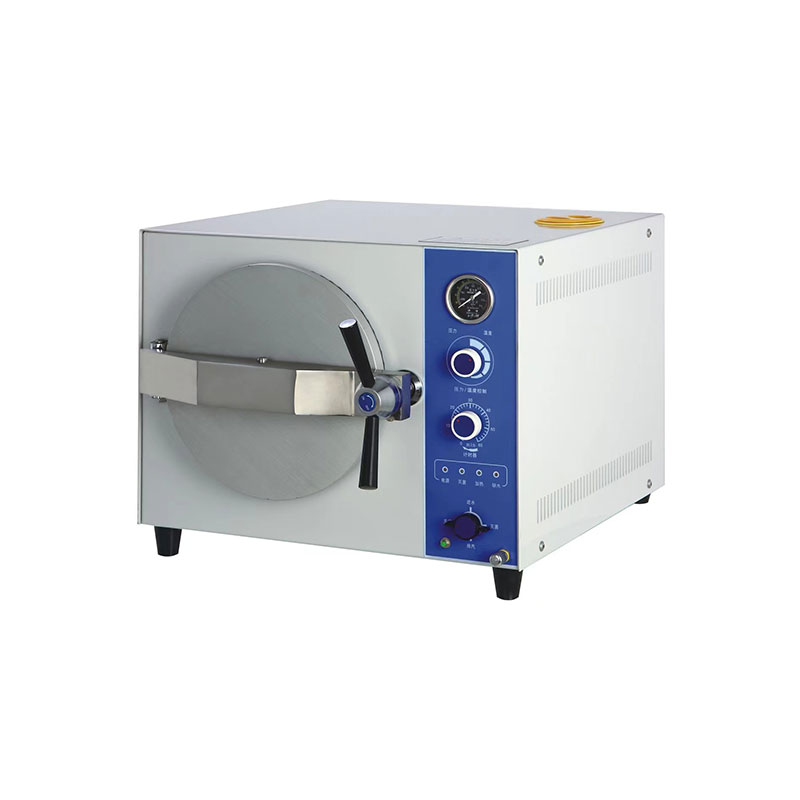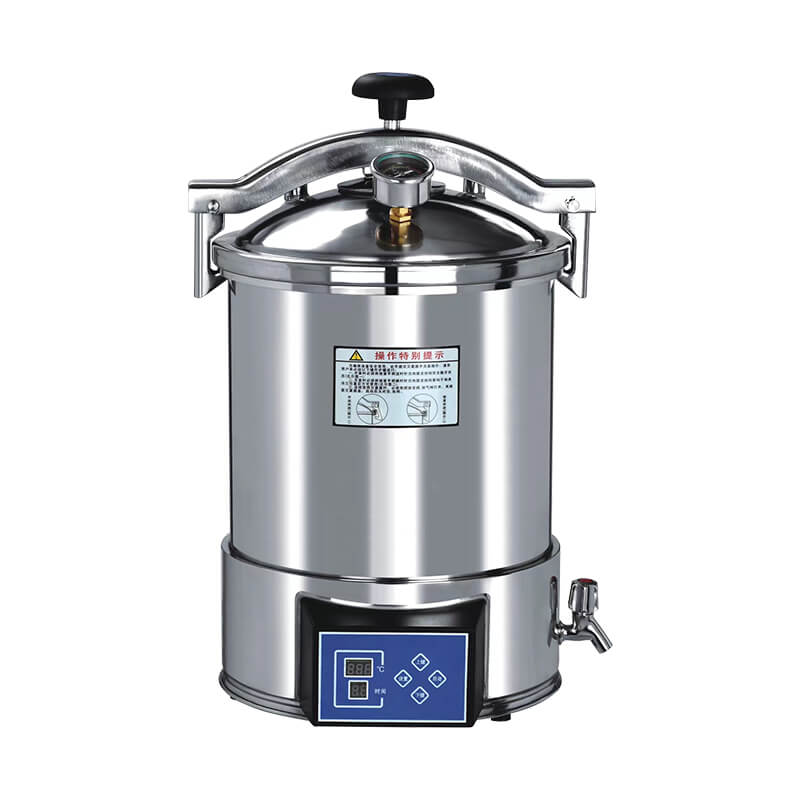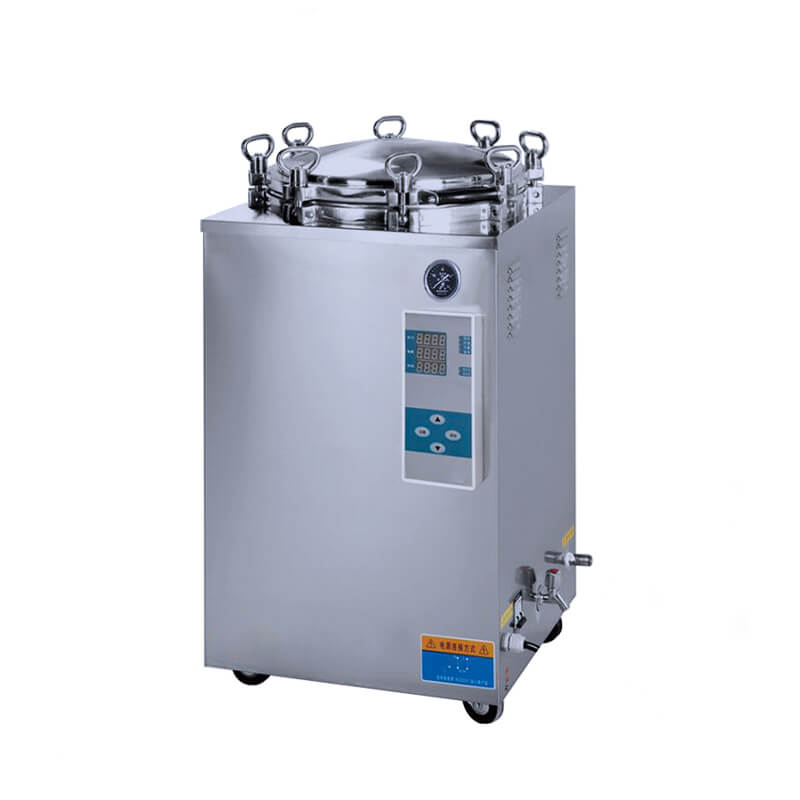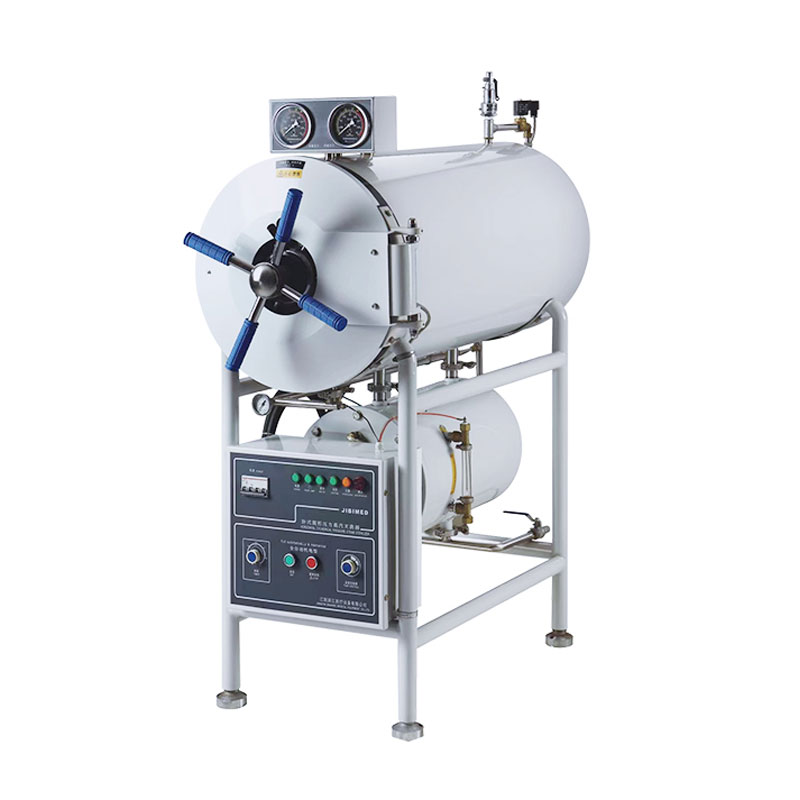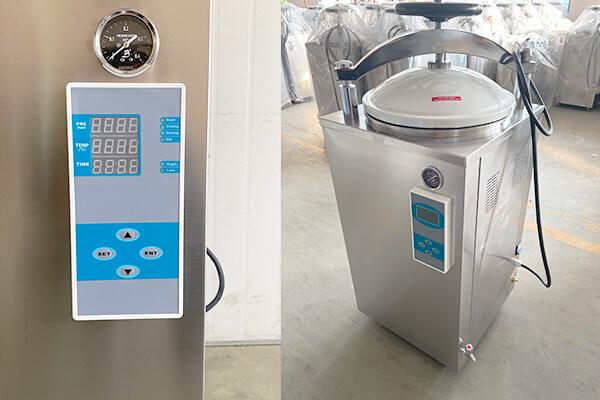
autoclave temperature
- Microbial Inactivation: Setting the autoclave temperature to 120°C is based on research and practical experience, which demonstrates that this temperature effectively kills the majority of microorganisms. At 120°C, the biochemical reactions in bacteria accelerate, leading to the destruction of critical components such as proteins, nucleic acids, and cell membranes, rendering the bacteria unable to survive and reproduce. Additionally, a temperature of 120°C is also effective in killing viruses, fungi, and spores.
- Rapid Inactivation: Higher temperatures expedite the sterilization process. Setting the temperature to 120°C accelerates the sterilization cycle, enhancing efficiency and productivity. This is particularly important for applications that require frequent sterilization, such as healthcare and laboratory research.
- Safety and Reliability: Setting the temperature to 120°C ensures the safety and reliability of the sterilization process. This temperature is sufficiently high to effectively kill the majority of pathogens, reducing the risk of infection. Furthermore, autoclaves are designed and tested rigorously to ensure stability and safety under high temperature and pressure conditions.
- Compatibility with Items: When selecting the sterilization temperature, consideration is given to the tolerance of the items being sterilized. Setting the temperature to 120°C accommodates most common items and equipment, allowing them to withstand high temperature and pressure treatment. However, for heat-sensitive items, lower temperatures or alternative sterilization methods may be required to prevent damage.
Why Autoclave is The Best Method of Sterilization
Autoclaving stands out as a highly effective method of sterilization for several reasons: 1.Comprehensive Microbial Elimination: Autoclaves use high-pressure steam,
Why is autoclaving done for 15 minutes?
The reason high-pressure sterilization typically takes 15 minutes or more is to ensure the thorough elimination of various microorganisms, including
How an Autoclave Works
The high-pressure sterilizer functions based on a fundamental principle that leverages elevated temperature and pressure to achieve potent disinfection. Here’s
How to clean autoclave monthly
Regularly cleaning and maintaining the high-pressure sterilizer each month is essential to ensure its proper functioning and effectiveness in disinfection.
How Does an Autoclave Work
A high-pressure sterilizer operates by placing objects within a sealed chamber and introducing high-temperature, high-pressure steam. The working process can
What is Autoclave Sterilization
High-pressure sterilization is a process that utilizes high-pressure steamand elevated temperatures to eliminate microorganisms on the surface and withinan object.

